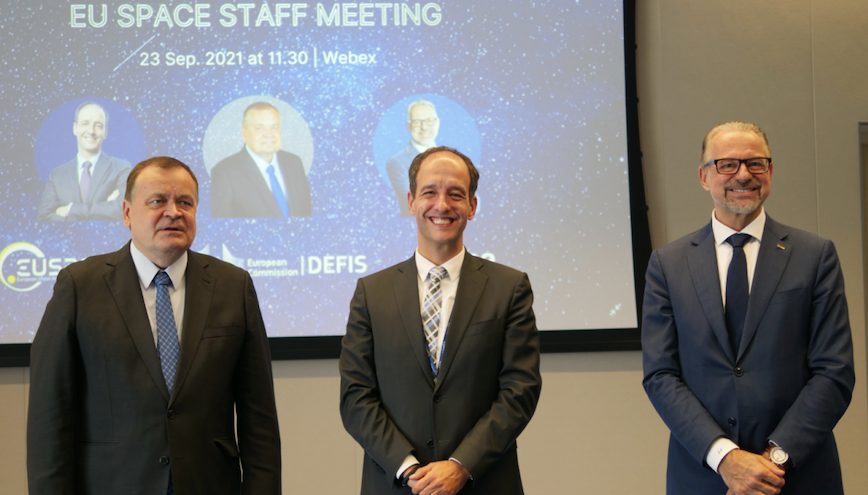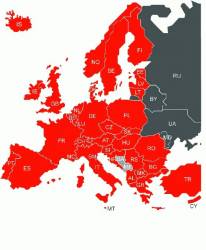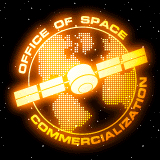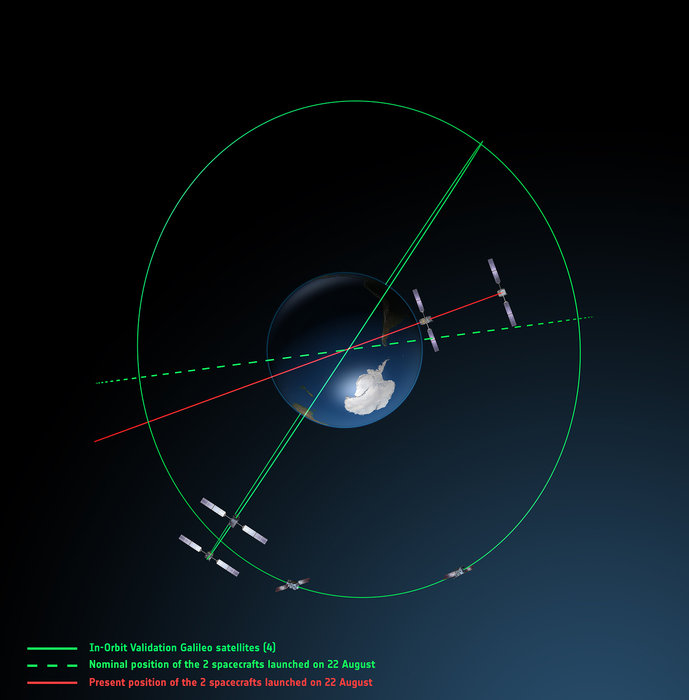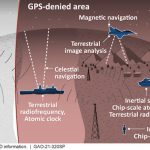The European Commission (EC), the European Space Agency (ESA) and the European Union Agency for the Space Programme (EUSPA) have set up a Joint Office within the EC’s headquarters in Brussels to help manage and develop Galileo, Europe’s GNSS. Creation of the Joint Office caps the Financial Framework Partnership Agreement (FFPA) agreed upon in June of this year between the three governmental organizations.
Final details were agreed upon at a September 24 conference in Prague of EC Director General for Defence Industry and Space (DEFIS) Timo Pesonen, EUSPA Executive Director Rodrigo da Costa and ESA Director General Josef Aschbacher, shown left to right in the photo above (courtesy EUSPA). This was the first in-person meeting of the three leaders.
The Joint Office will support the Commission in the management of Galileo and facilitate coordination with ESA and EUSPA, specifically coordinating program-level risk management, ensuring that risks can be treated without delays or cost overruns. Characterized as “a fresh start of collaboration between the Commission, ESA and EUSPA,” it will be composed of three staff members of each organization, working under the leadership of the Commission.
In the coming years, the EU space industry will see many developments in the area of satellite navigation, satellite communication or Earth observation. Europe must team up to deliver innovative, value-adding applications based on EU Space technologies to compete worldwide. Cooperation between all the partners of the EU Space Programme is thus essential.
The purpose of the collaborative over-umbrellaing is “to streamline the programmatic and administrative processes and ensure the smooth delivery of the Union’s first ever integrated space programme,” according to Rodrigo da Costa.
“Time has come to combine forces and talents!’’ added Timo Pesonen.
Attracting Entrepreneurial Spirit
The move presumably reflects a desire on the part of the Commission, the most authoritative and powerful of the three organizations, to exert even tighter control over Europe’s largest space program, and one of its, if not the, largest overall collaborative undertaking. It also points clearly at “a fast-moving and competitive environment” that is the space sector, and a very strong desire, a requirement actually, that the massive investment in Galileo turn out to significantly stimulate and benefit European industry.
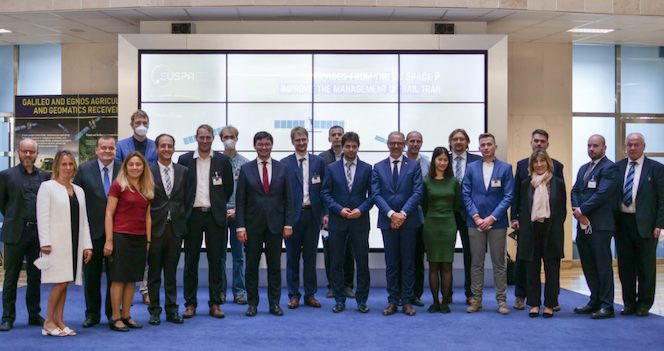
In that light, the second half of the September 24 visit was dedicated to interacting with entrepreneurs and innovators from EUSPA host country the Czech Republic. An ecosystem of start-ups and small-to-medium enterprises (SMEs) has sprung up in that country, and in nearly every European Union member state, applying EU space technology in their operations. A recent examples of a Czech space start-ups is the #MyGalileoDrone winner, ThunderFly, an unmanned aerial vehicle designed to operate in unfavorable weather conditions using Galileo’s positioning services and data from Copernicus to perform atmosphere measurements.
“Boosting the market uptake of all the EU Space Programme components is within EUSPA’s extended mandate. With #myEUspace we will provide funding to more than 50 start-ups and entrepreneurs to develop products that use EU Space data and technology. I encourage innovators from all backgrounds to apply. Space is ubiquitous and you do not need to be a rocket scientist to make use of it, so go for it!” concluded da Costa.

